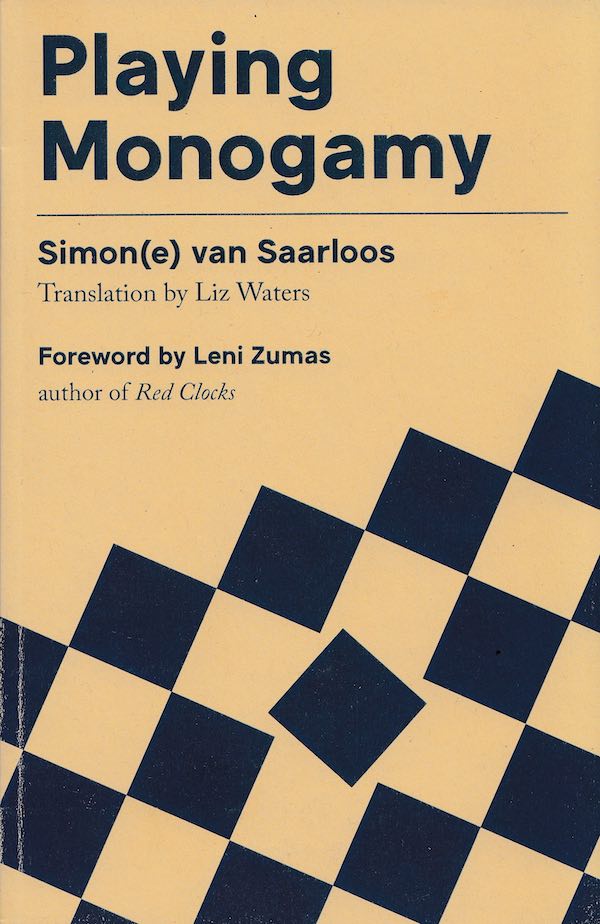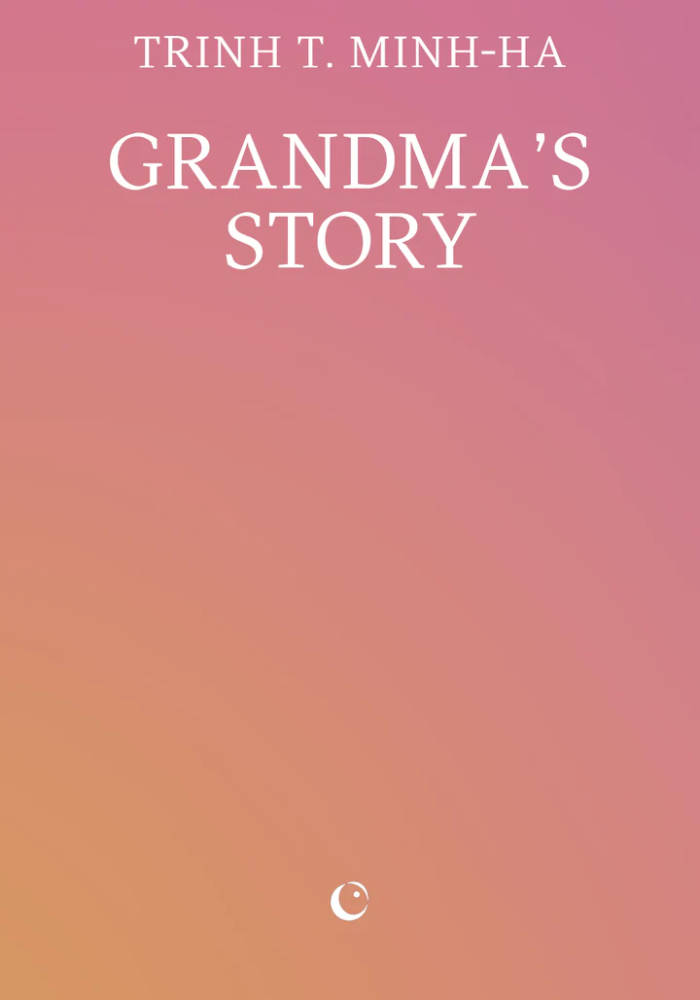
Playing Monogamy
Love is love, but not really. To recognise love as love we need comprehensible images. What are those contemporary images that help us identify love and how could we identify love differently, figuring it as less defined by safety procedures, measured commitment and feelings of ownership and entitlement? Playing Monogamy refuses to see personal relationships as safe havens where people can hide from the precarities of society, and instead proposes to make public life more intimate and romantic.
Through a contemporary rereading of the cult of monogamy, van Saarloos playfully queers the way in which the structure of monogamy is upheld through social convention within Western contexts. Written for more of a lay audience, the book proposes an expanded and polyamorous engagement with intimacy and sexuality as a possible alternative. Originally written in Dutch and published by De Bezige Bij, Publication Studio is excited to bring this book to an English speaking audience for the very first time.
Translated by Liz Waters, it includes a foreword by Leni Zumas, author of the US bestseller Red Clocks, and a revised preface by Simon(e) herself, addressing how she might approach writing about nonmonogamy differently four years after the book's first publication—and after many experiences in between.




